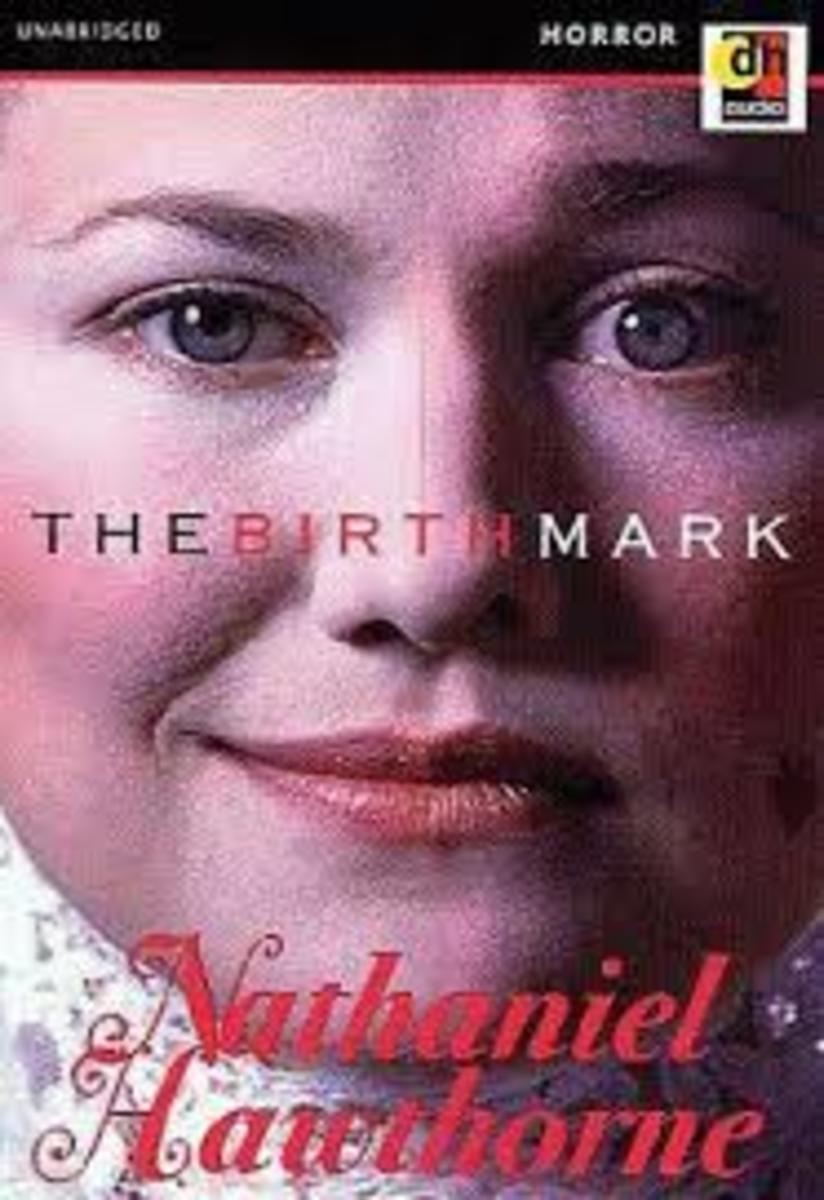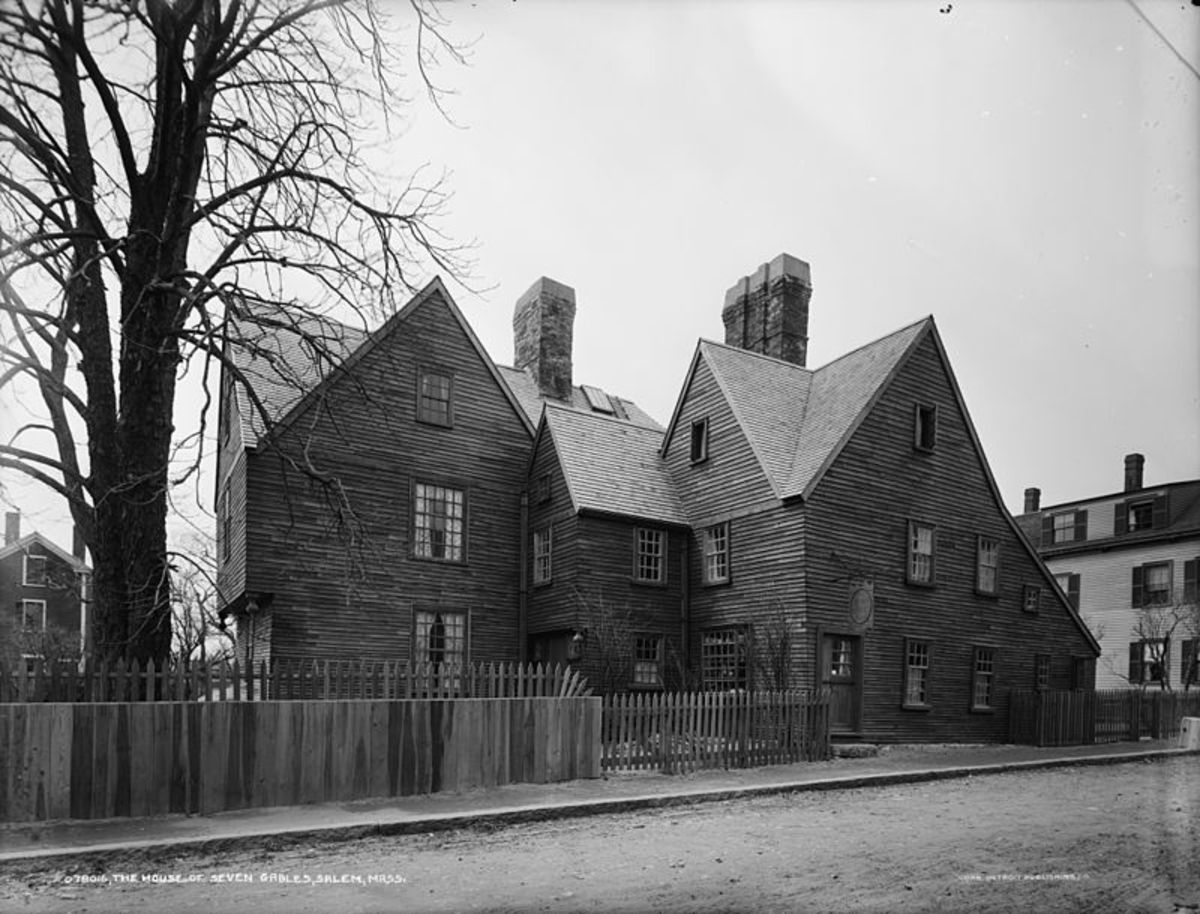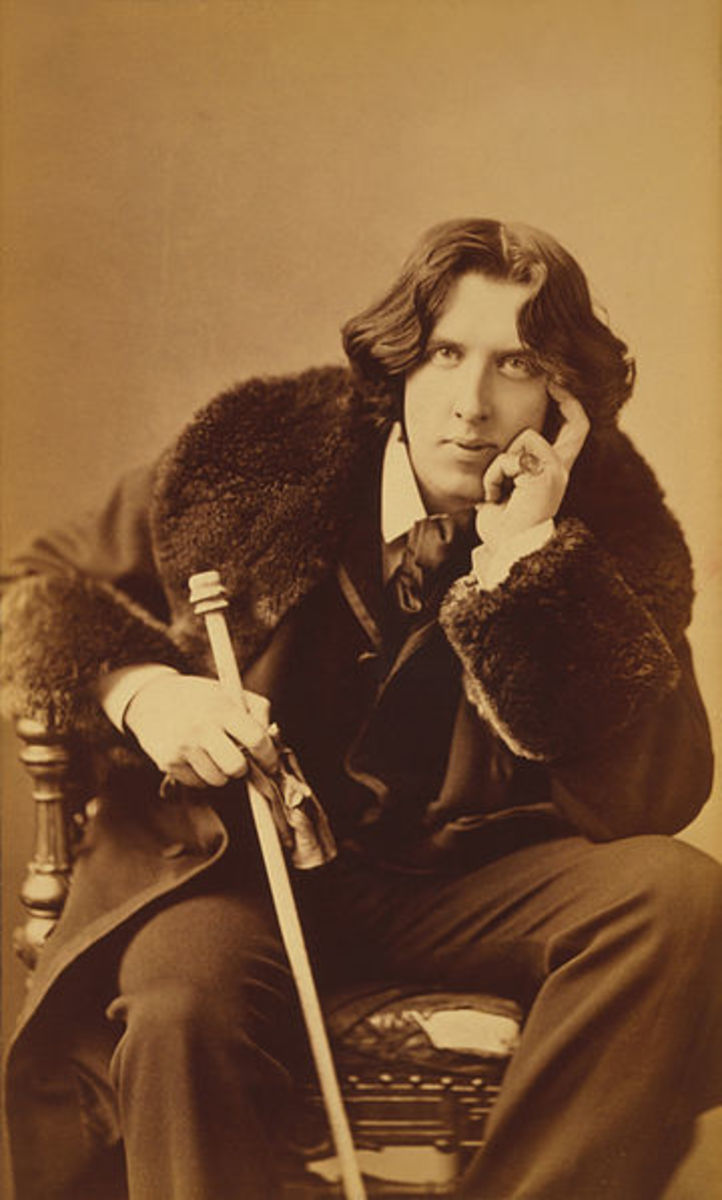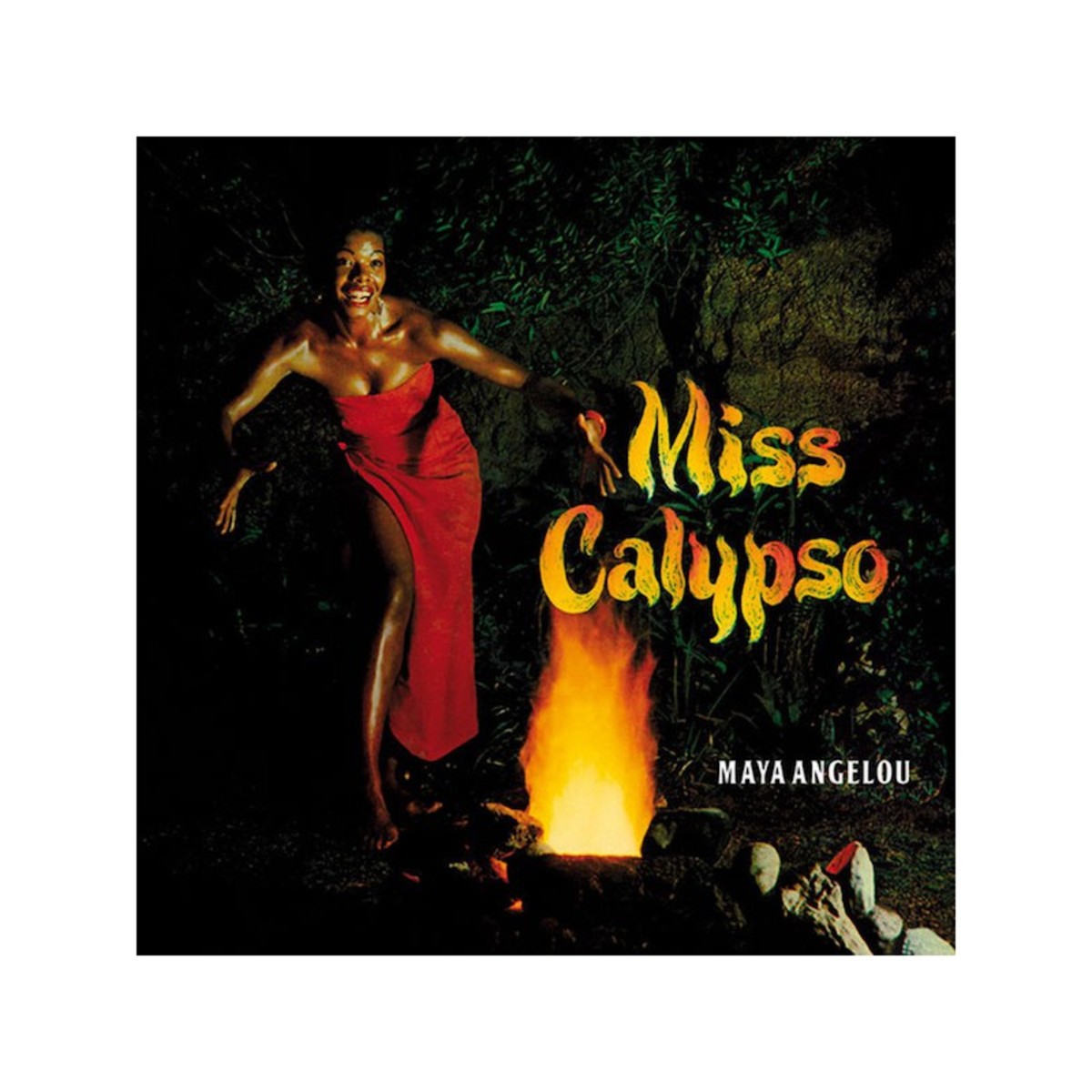Nathaniel Hawthorne and The Celestial Railroad
A Book Review
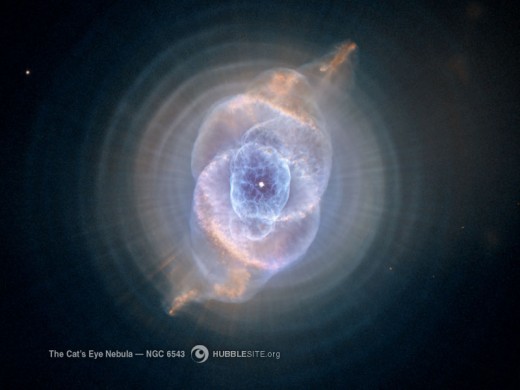
My sister recently gave me a Signet Classic book, entitled, "The Celestial Railroad" by Nathaniel Hawthorne. It was a collection of short stories by Nathaniel Hawthorne. I was familiar with most of the stories, since Hawthorne is one of my very favorite authors and "House of the Seven Gables" one of my very favorite books.
I had never read the Hawthorne story "The Celestial Railroad". It was a satire, and extended metaphor, loosely based on "Pilgrim's Progress", a book from a time before Hawthorne's time.
Hawthorne started this dream sequence boarding a railroad, a modern improvement on the old way of taking a pilgrimage to the Celestial City, which was hiking along on foot, carrying a heavy load. The passengers jeered at two pilgrims which were making the pilgrimage the old -fashioned way.
In Hawthorne's dream, he passed by the Valley of the Shadow of Death, he passed by the Slough of Despond; he passed by Vanity Fair. (Vanity Fair was my favorite part of this story--how people traded in strength, honor, truth, loyalty; even their very souls for the empty claptrap of a vain and frivolous society.)
The Celestial Railroad made it to the land of Beulah, the very portals of heaven, then the passengers were disgorged. No one made it across the River Styx to the Celestial City, except for the two pilgrims who plodded along on foot with their heavy loads, making the pilgrimage the old-fashioned way.
I like a lot of Hawthorne's writing. It has that flavor of the days when America was first settled and civilized and many of it's northeastern towns and cities were still being born. American wasn't even 100 years old yet, and it was still very much The New World. Much of his writing sounds like English writers, with careful diction allied with Hawthornes own unique powerful imagery, and Hawthorne's deep and haunting sense of mystery. I like the heavy Gothic flavor of Hawthorne's writing, and his romanticism.
This piece was a little different. There was a harsher, more judgemental tone to it. It read almost like a morality play. The satire was worthy of Jonathan Swift. It had a bitter edge, though, that I don't usually associate with Hawthorne's writing.
I'd recommend it. Most definitely. It's been a while since I've read anything with that pure power of language.

